EDMR and Trauma - Informed Recovery
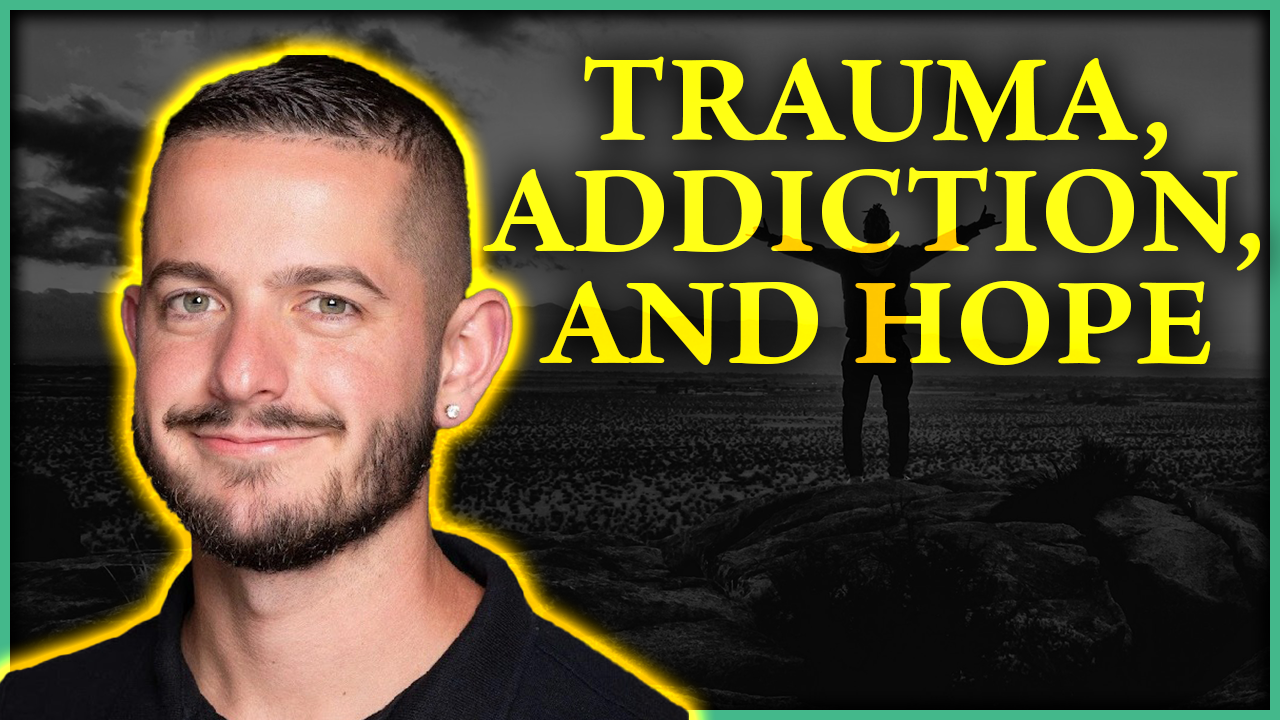
"Your brain needs time to recover. You've made these really strong associations, but our brains are plastic - they can change, they can reform, they can develop, they can make new associations." - Drake Schoeppl
Core Insights from This Episode
This conversation reveals the connection between unprocessed trauma and addictive patterns, particularly in the chemsex community.
Drake Schoeppl, LCSW, illuminates how EMDR (Eye Movement Desensitization and Reprocessing) can be a transformative tool for healing trauma wounds that fuel substance use.
We're not just treating addiction - we're addressing the root belief systems that keep us trapped in cycles of pain.
Listen to the Podcast HERE.
Watch the Podcat HERE.
The Foundation: Understanding Your Emotional Landscape
Before diving into deep trauma work, we must first develop what Drake calls "internal resources."
This means learning to be present with our emotions rather than immediately rushing to numb them.
Most of us were taught to eliminate uncomfortable feelings, but healing requires feeling them better, not avoiding them entirely.
Drake emphasizes the critical importance of slowing down. In our hyperactive, anxiety-driven states, everything feels urgent and overwhelming.
But when we pause and get curious about our emotional experience, we reclaim our agency.
We move from being controlled by our impulses to having choice in how we respond.
The EMDR Process: Rewiring Trauma Responses
EMDR works by targeting emotionally charged memories - those experiences that still activate our nervous system when we recall them.
Through bilateral stimulation (typically eye movements), we help our brain process these stuck memories and move them from reactive working memory into integrated long-term memory.
The process isn't about erasing memories or pretending trauma didn't happen. Instead, it validates our experiences while reducing their emotional charge.
We can acknowledge that painful things happened without being overwhelmed by them every time they surface.
What makes EMDR particularly relevant for addiction recovery is its focus on negative belief systems.
Many people struggling with substance use hold core beliefs like "I'm unlovable," "I'm defective," or "I can't function without this substance."
EMDR helps identify where these beliefs originated and gradually replaces them with more empowering truths.
The Intimacy Wound Connection
A significant theme in chemsex addiction is what Drake calls the "intimacy wound" - deep-seated fears of vulnerability, connection, and authentic self-expression.
Many men report that substances gave them confidence they never had, the ability to like themselves, or permission to be sexually expressive.
These wounds often stem from early experiences of rejection, shame, or trauma around identity and sexuality.
The substance becomes a bridge to experiences that feel impossible sober - but this creates a devastating dependence that ultimately disconnects us further from authentic intimacy.
Working with Active Use: A Harm Reduction Approach
Drake's approach is refreshingly non-judgmental. Rather than demanding complete sobriety before beginning therapy, he meets clients where they are.
The key is finding a balance where someone can engage meaningfully in treatment while still honoring their autonomy around substance use decisions.
For weekend users, this might mean taking occasional breaks or reducing frequency.
For daily users, it means coming to sessions in a state where meaningful processing can occur.
The goal isn't perfection but progress - building capacity to tolerate discomfort and develop healthier coping strategies.
The Power of Belief Systems
Our beliefs about our relationship with substances are perhaps the most powerful predictors of our recovery trajectory.
If you believe you can't function without meth, can't have sex sober, or are helpless to your addiction, these beliefs will create behaviors that confirm them.
Recovery requires what Drake calls reducing the "attractiveness" of substances - not through shame or fear, but by honestly examining both the costs and the unmet needs they've been serving.
This creates space for new possibilities and healthier ways of meeting those underlying needs.
Integration and Moving Forward
The journey of trauma-informed recovery isn't about perfection - it's about developing a more compassionate, curious relationship with yourself.
EMDR and other trauma therapies can be powerful tools, but they work best when combined with daily practices that build emotional resilience and self-trust.
Remember that your brain's neuroplasticity means change is always possible, but it requires time and consistent effort. Be patient with the process.
Every moment you choose curiosity over criticism, every time you slow down instead of react, every instance of self-compassion builds new neural pathways.
Your healing doesn't just benefit you - it ripples out to every relationship and interaction in your life. You're not just recovering from addiction; you're reclaiming your authentic self and your capacity for genuine connection.
As Drake reminds us, you can do this work. You deserve healing. And you have far more strength and resilience than you may currently believe.
The journey continues, one conscious breath at a time.
For more information about EMDR therapy, visit Drake Schoeppl's website at ignitinghope.info. Remember that healing is possible, and you don't have to walk this path alone.
Reflective Questions
Take time to sit with these questions. There are no right or wrong answers - only opportunities for deeper self-understanding.
-
What emotions do I find most difficult to tolerate, and how does substance use help me avoid or manage them? Consider the specific feelings that trigger your urges to use. Notice without judgment - this is valuable information about your inner landscape.
-
When I think about the phrase "I can't function/have sex/be confident without [substance]," what comes up for me? Explore where these beliefs might have originated and how they influence your current choices.
-
What would it mean for me to slow down and get curious about my emotional experience rather than immediately trying to fix or escape it? Imagine approaching your feelings as a compassionate researcher rather than a victim.
-
Where in my life do I avoid intimacy or vulnerability, and how might this connect to my relationship with substances? Consider both romantic and platonic relationships, as well as your relationship with yourself.
-
What would "reducing the attractiveness" of substances look like for me, without judgment or shame? Think about honest costs and benefits, and what healthier alternatives might serve the same underlying needs.
Journal Prompts
Use these prompts to explore your inner world with compassion and curiosity.
-
Write about your earliest memory of feeling "not enough" in some way. What was happening? Who was present? What did you decide about yourself in that moment? How does this belief show up in your life today?
-
Describe a recent situation where you felt triggered or emotionally activated. Instead of focusing on the external circumstances, explore what the experience reminded you of from your past. What old wound might have been touched?
-
If your addiction could speak, what would it say it's trying to protect you from or provide for you? Write this as a dialogue - let both your substance use and your healing self have a voice.
-
Reflect on a time when you felt truly seen, accepted, and loved without needing to perform or alter yourself. What was that experience like? How can you cultivate more of that energy in your life now?
-
Imagine yourself five years from now, having done the deep trauma work and developed healthier coping strategies. Write a letter from that future self to your current self, offering encouragement and wisdom.
Action Exercises
These practical exercises help you build new neural pathways and develop healthier patterns.
-
The Emotional Check-In Practice: Three times daily, pause and ask yourself: "What am I feeling right now? Where do I notice it in my body? What color would this emotion be? What is it trying to tell me?" Spend 2-3 minutes just observing without trying to change anything.
-
The Slowing Down Experiment: When you notice an urge to use or engage in compulsive behavior, commit to waiting 15 minutes. During this time, practice grounding techniques: feel your feet on the floor, take deep breaths, name five things you can see. Notice what happens to the urge when you don't immediately act on it.
-
Belief System Archaeology: Choose one limiting belief about yourself (examples: "I'm unlovable," "I always mess things up," "I can't handle stress"). Write it at the top of a page, then explore: When did I first learn this? Whose voice does this sound like? How has this belief influenced my choices? What would I do differently if I didn't believe this?
-
The Compassionate Witness Practice: When you notice self-critical thoughts, pause and ask: "How would I speak to a dear friend going through exactly what I'm experiencing?" Then offer yourself that same compassionate perspective. Practice becoming the loving observer of your experience rather than the harsh critic.
-
Values-Based Decision Making: Identify three core values that represent who you want to be (examples: authenticity, connection, growth). Before making decisions about substance use or other behaviors, ask: "Does this choice align with my values? How can I honor what matters most to me in this moment?"
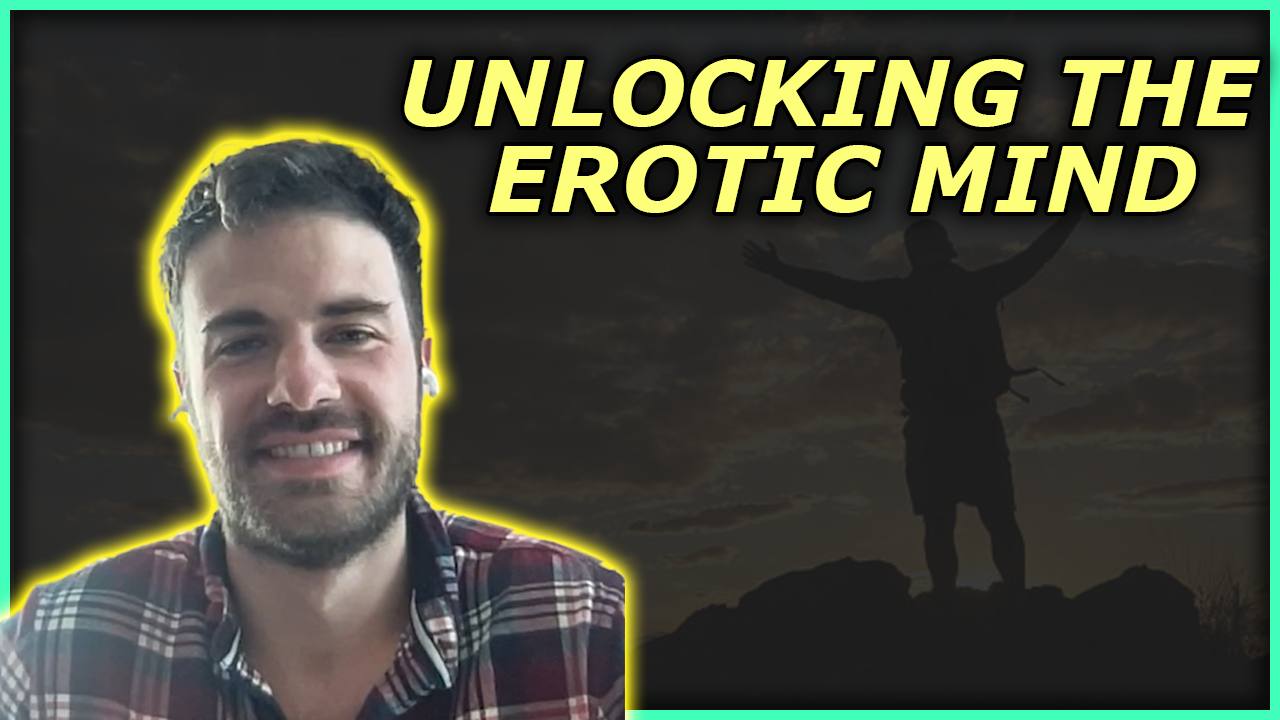
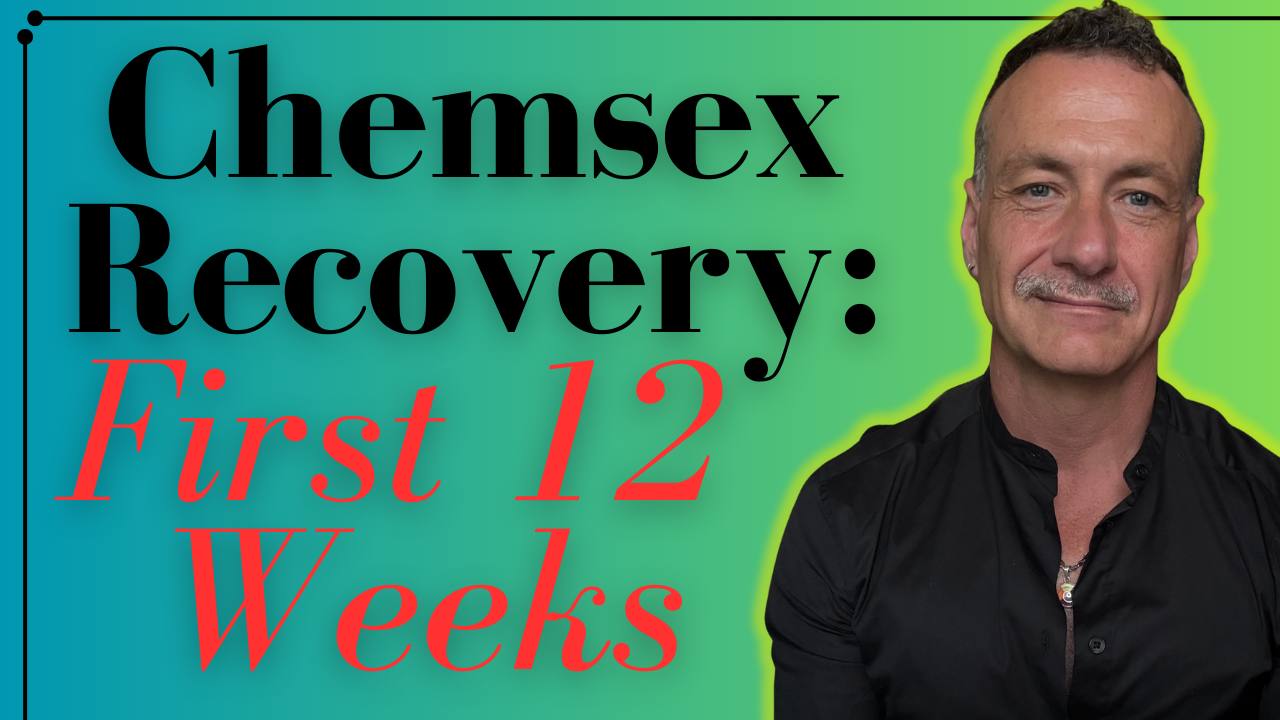
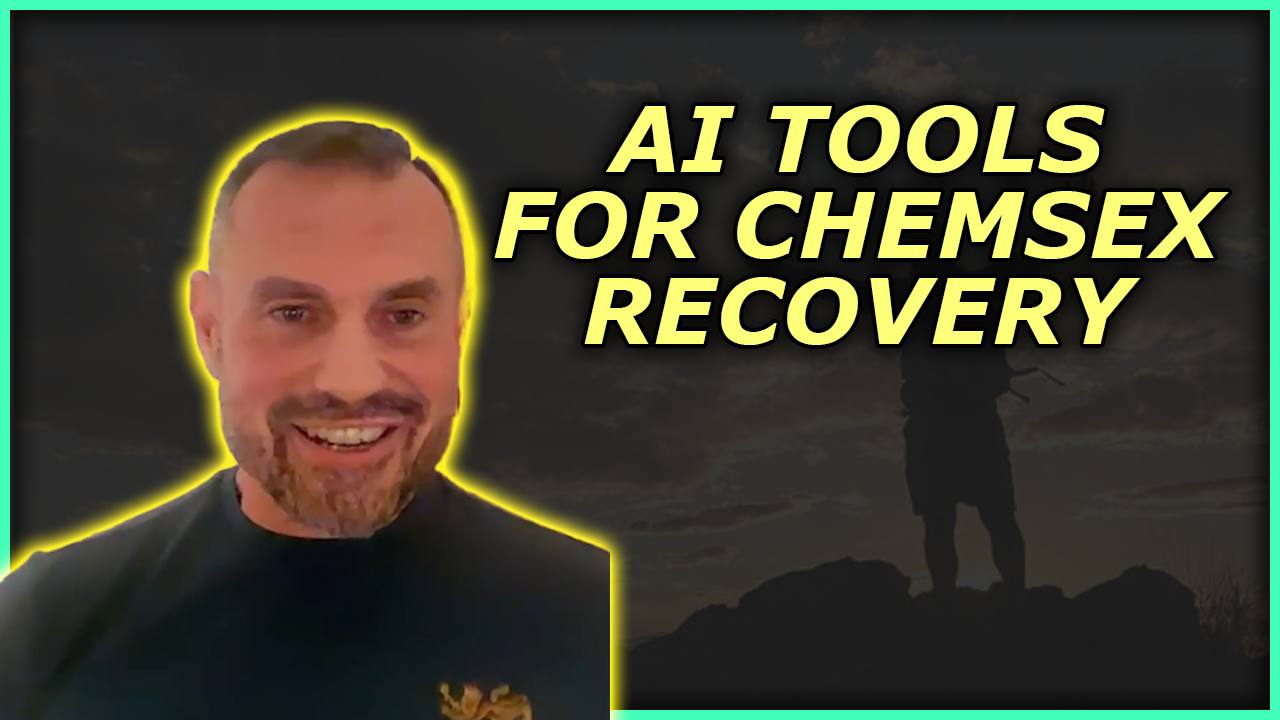

Responses